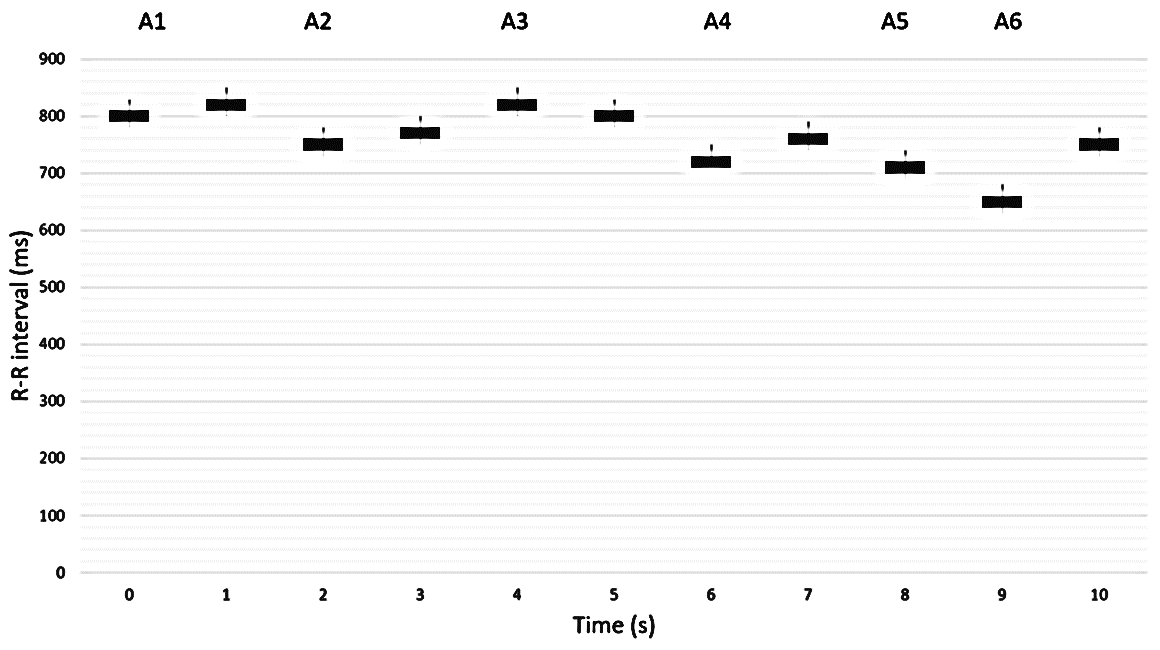On the Development of Machine Learning Based Real-Time Stress Monitoring : A Pilot Study
Main Article Content
Abstract
During specific environmental changes, the human body regulates itself through emotional, physical or mental responses. One such response is stress. The psychological and physical stability of an individual may be affected by recurrent occurrences of acute stress. This often leads to anxiety disorder, other psychological illnesses, hypertension, and other physiological disorders. The work performance of the individual is also negatively affected due to long-term stress. Across various age groups, the global population is primarily influenced by anxiety, depression and psychological stress. The long-term adverse effects of stress can be mitigated by effectively monitoring and managing stress through a cost-efficient and reliable stress detection system. This paper mainly focuses on stress detection using a machine-learning approach. Wearable sensor data from electroencephalogram (EEG) and electrocardiogram (ECG) are considered during exposure to stress and the level of stress undergone by the participant is further analyzed. This approach helps in stress detection, analysis and mitigation, which in turn improves the quality life of people. Machining Learning technique k-means clustering algorithm is used after removal of artifacts to obtain case-specific clusters that segregate features pointing to non-stress and stress periods. The results of the proposed K-means clustering algorithm are compared to state-of-the-art techniques such as Artificial Neural Network (ANN), Decision Tree (DT), Random Forest (RF) and Support Vector Machine (SVM). From the results, it was concluded that the proposed algorithm outperformed the other with an accuracy of 96% in the overall analysis.

